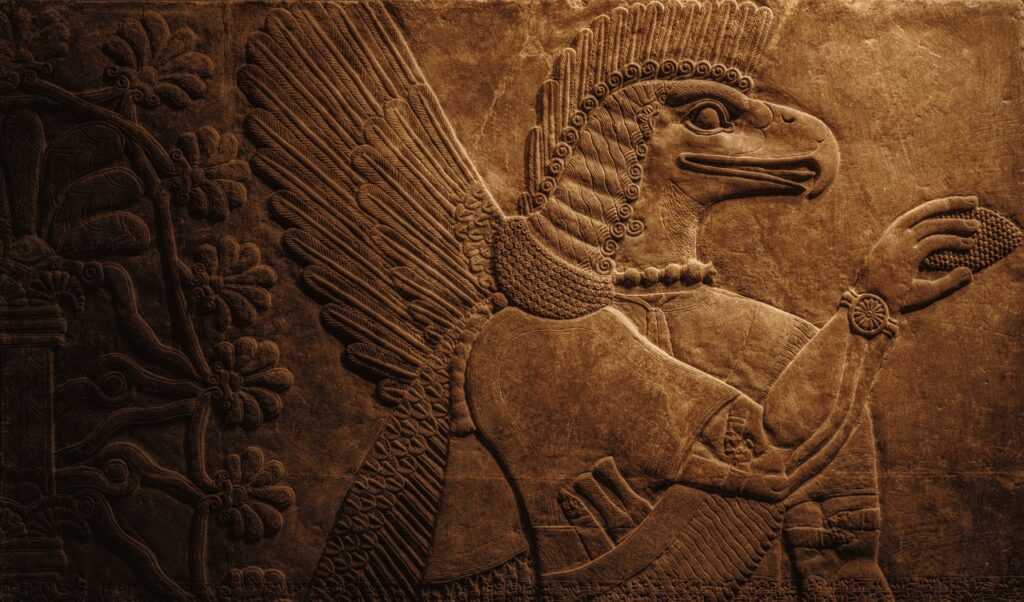Introduction
Authors of historical fiction have the unique ability to transport us to different eras, making history come alive in ways that textbooks and documentaries often cannot. However, as the popularity of historical fiction grows, so does the debate surrounding the ethical responsibilities of authors in educating their readers versus taking creative liberties with historical events. In this article, I will explore the question: Do historical fiction authors have a responsibility to educate their readers, or should they be free to invent alternative facts?

The Role of Historical Fiction
Historical fiction serves as a bridge between the past and the present, offering readers a unique opportunity to engage with history in an entertaining and accessible manner. It can provide valuable insights into different time periods, cultures, and societal norms, helping readers gain a deeper understanding of the past. However, this genre also walks a fine line between education and entertainment, leaving authors with a significant moral dilemma.
Hilary Mantel’s Historical Fiction Ethics
Hilary Mantel, who sadly passed in 2022, wrote masterpieces like “Wolf Hall” and “Bring Up the Bodies.” She was an author who advocated accuracy. Mantel believed that historical fiction should be grounded in meticulous research. She emphasised the importance of maintaining historical accuracy. Her commitment to thorough research allowed her to weave her narratives seamlessly into the historical tapestry, creating an immersive experience for readers.
Mantel’s approach respects the integrity of history while still delivering a compelling story. Her works have garnered praise not only for their literary merit but also for their educational value. Readers can trust that they are gaining insights into the past while being entertained.
I tried to follow Mantel’s lead when writing Son of Babylon. I researched extensively, and kept the events of macro-conflicts, such as the invasion by Elam, as accurate as possible. They are, after all, what inspired me to set my story in this time and place. This is also the approach taken by my favourite historical fiction authors, such as Philippa Gregory and Bernard Cornwell, who are noted and praised for their credentials as historians.
The language problem
Son of Babylon is set in ancient Mesopotamia, a time for which we have a great deal of written evidence. Like many other historical times and places, this means we know the names of a great number of people, not only famous rulers. We can translate the languages people spoke. The question then becomes, how many of these words to use?
I chose to use authentic place names such as Meluhha instead of India. Many characters in Hammurabi’s court, such as Sinbelaplim, Sin Iddinum, Tabelimatim, and all four of Hammurabi’s sons were real people. I also used words such as ziggurat. On the other hand, I was concerned by readability. I chose not to use many authentic military ranks and titles, for example.
The Decline in History Education
While authors like Mantel, Cornwell and Gregory aim to educate readers through their historical fiction, there is growing concern about the decline in the number of students taking history in UK schools. The number of students choosing history at the GCSE level has been steadily decreasing in recent years. This decline raises questions about whether historical fiction can help fill the knowledge gap left by the diminishing interest in history education.
Historical fiction has the potential to rekindle a love for history among readers of all ages. By providing engaging narratives that transport readers to different epochs, authors can stimulate curiosity about the past. However, this potential benefit is contingent upon authors maintaining a commitment to historical accuracy and responsible storytelling.
Balancing Creative Freedom and Responsibility
Historical fiction authors undoubtedly possess creative freedom, allowing them to reimagine the past and introduce alternative narratives. This artistic liberty can breathe life into history and make it more accessible. Sometimes, it is necessary to brodge gaps, or to breathe life into a story. Despite being meticulously researched, many of Philippa Gregory’s books contain a large degree of artistic license.
This freedom comes with ethical obligations. Authors must strike a delicate balance between creative expression and historical responsibility. Readers, too, play a crucial role in this equation. They should approach historical fiction with a critical eye, seeking out books that emphasize accuracy while acknowledging the speculative nature of the genre. In doing so, readers can enjoy the imaginative aspects of historical fiction while gaining a deeper appreciation for history.
Conclusion
In the world of historical fiction, the question of whether authors should educate readers or be free to invent alternative facts is complex and multifaceted. To me, Hilary Mantel’s dedication to historical accuracy serves as a model for authors seeking to balance creative storytelling with a commitment to educating readers about the past.
As the number of students taking history declines in UK schools, historical fiction can play a pivotal role in revitalising interest in the subject. However, this potential can only be fully realised when authors and readers alike recognise their shared responsibility to uphold the integrity of history within the realm of fiction. Ultimately, historical fiction should inspire readers to explore history further, sparking a lifelong fascination with the past.
Leave a Reply